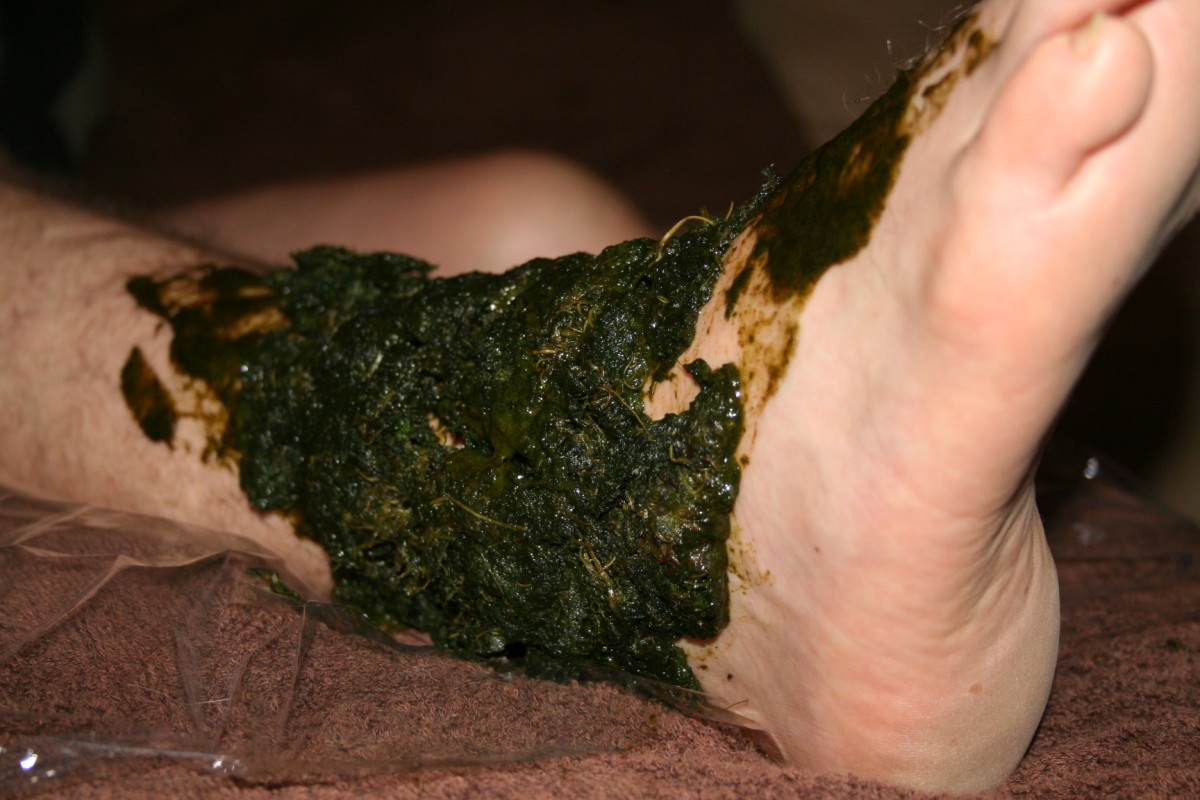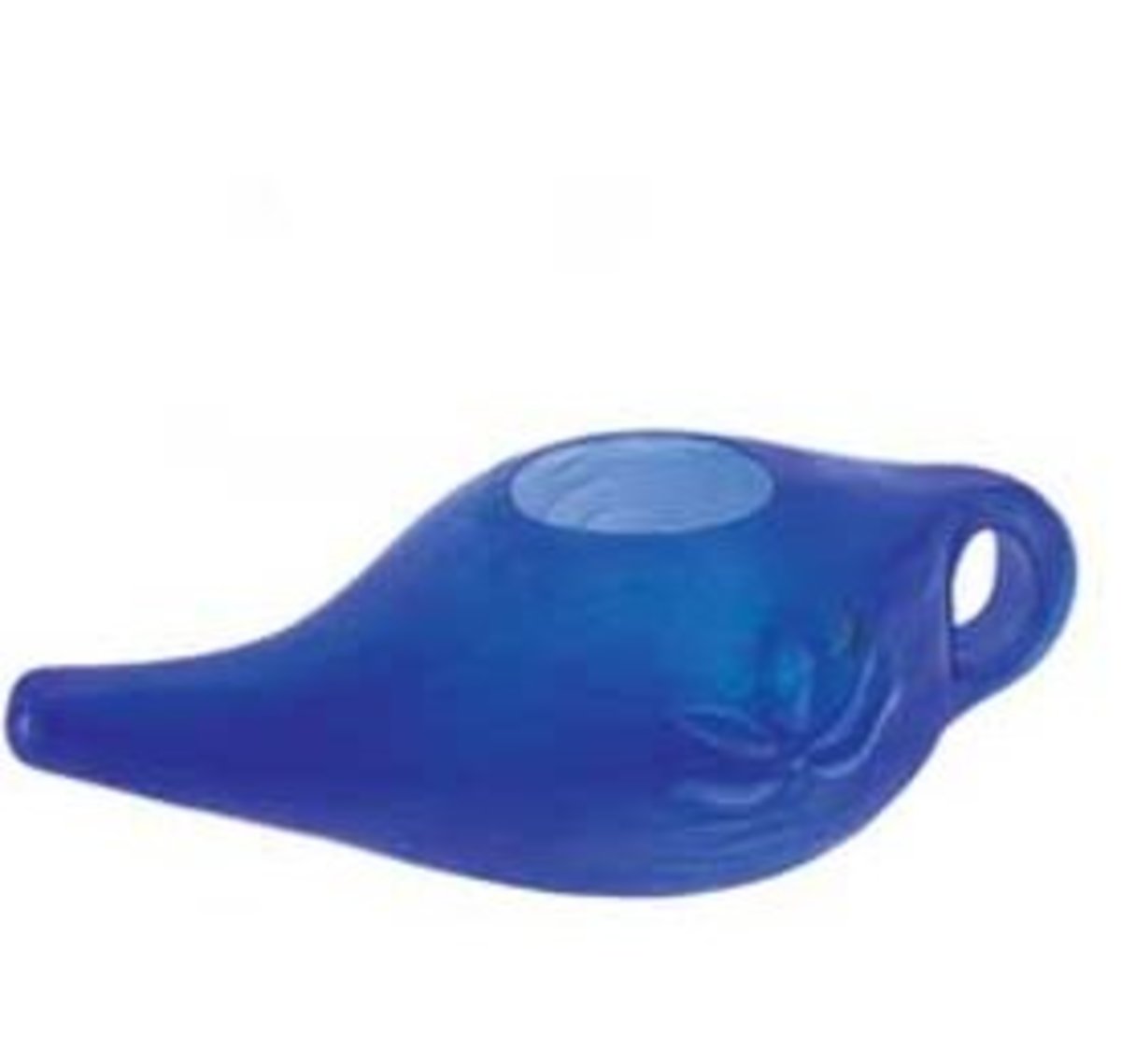Sunlight: Good? versus Bad?





In Canada, and the rest of the northern hemisphere the days are getting shorter until December 21st. Which makes this the darkest part of the year. Not seing the sun for days at a time can cause some people to feel 'blue' and depressed. For those suffering this affliction, called Seasonal Affected Disorder (SAD), these short and gloomy days of late fall, winter and early spring can be agony.
Not only can reduced exposure to sunlight result in this bio-chemical imbalance but our bodies also need sunlight regularly to produce vitamin D which in turn lets our bones absorb necessairy calcium. Not surprisingly the sun has been called the 'life giving orb' from the beginning of time. It is a proven fact that daily exposure to sunlight reduces stress, improves moods and helps reduce weight caused by water retention etc.
However, regardless of the season, it is important to our systems to get at least 15 to 20 minutes of natural light every single day. (without sunscreen etc.) That's right. While we do need to protect ourselves and watch our sun exposure for long periods of time, our bodies also need full-spectrum natural light daily. Fluorescent and incandescent lights don't give off sufficient enough amount of beneficial rays which our bodies need to provide us with positive health benefits. The most efficient way to reap those benefits is to go outdoors 15-20 minutes a day . Light exposure also boosts serotonin levels which help a body stay alert. But most of all, natural light helps the skin produce the all important vitamin D, which allows the body to absorb calcium, needed for strong bones.
Here is a list of important facts that show why natural sunshine is needed daily:
- Sunlight increases endorphins. This means a higher feeling of well being and less depression. (SAD)
- Sunlight lowers blood pressure.
- Sunlight strengthens the immune system.
- Sunlight increases the good cholesterol and lowers the bad.
- Sunlight normalises blood sugar, it increases low blood sugar and lowers high blood sugar.
- Sunlight is essential for your body to produce vitamin D.
- Get 15 to 20 minutes of sunlight or just natural light on your face without screening daily. Sunglasses and contact lenses block most of the needed rays.
- Sunlight helps detoxify the liver.
- Sunlight increases muscle tone and endurance.
- Sunlight speeds up healing.
- Sunlight kills germs.
Sun creams greatly limit or completely block the formation of Vitamin D. So give your body the 15 to 20 minutes daily unobstructed exposure to natural light.
How to get those valuable minutes of sunlight on a regular basis. Go outside whenever possible. Take and enjoy a short walk in the morning or in the afternoon with your dog (who by-the-way also needs the natural light daily). Or maybe just sit on the porch and enjoy your coffee or tea outside. These are some of the ways to get the amount of light the body requires safely.


Here is a list to follow for sunlight damage PREVENTION, most of them are the obvious
Sunlight 15 - 20 minutes on exposed skin is good (naturally use common sense in winter months 20 minutes, whereas in the height of summer at noon 6 -8 minutes will be enough) sunburn is bad it can cause skin cancer
- Too much sunlight will dry out skin.
- Too much sunlight will cause premature ageing of skin.
- Did you know that most often the damage done to the skin by the sun is done before the age of eighteen. (parents not remembering to protect their childrens skin, the teen slattering themselves with tan oils and sitting in the sun for hour at a time etc.)
- Too bright rays causing damage to eyes especially when doubled up by reflection of water or sand.
- UV radiation (3 categories as follows UV A, UV B, UV C)
- 1) UV A, long-wave UV -this radiation is not filtered out in the atmosphere. These rays can pass through glass and will produce some tanning. These are the rays we call natural light and the levels stay relatively constant throughout the day. UV A radiation are the rays we need for our daily dose.
- 2) UV B, is also the sunburn radiation. Very little is filtered out in the atmosphere by the ozone layer (this is where-in the problem lies, the depleting ozone layer) it does not pass through glass but causes tanning, sunburn, wrinkling, and aging of the skin. Too long an exposure, too often can cause skin cancer. UV B rays are at their highest intensity around noontime and our skin need protection from the most.
- 3) UV C, short-wave UV -this radiation is mostly filtered out in the atmosphere by the ozone layer (again problems come form the depleting ozone layer)before they reach earth. High exposure of UV C will burn unexposed skin and can cause skin cancer. UV C rays are the rays isolated and used as artificial sources for germicidal lamps. (i.e. artificial UV C rays are used extensively in water purification,air sanitation or filtration systems, used to eliminate molds, bacteria and other contaminants, also commonly used to for surface disinfection for items such as surgery and dentistry tools etc )
The factors that influence the risks of sunlight damage are obviously influenced by skin pigmentation, the ability to tan and the amount of unprotected exposure to sunlight. Protection from the damages all come down to some important facts: using common sense, everything in moderation, wearing protective light clothes and using sun-brellas if necessary especially if ones job is working out-of-doors.









